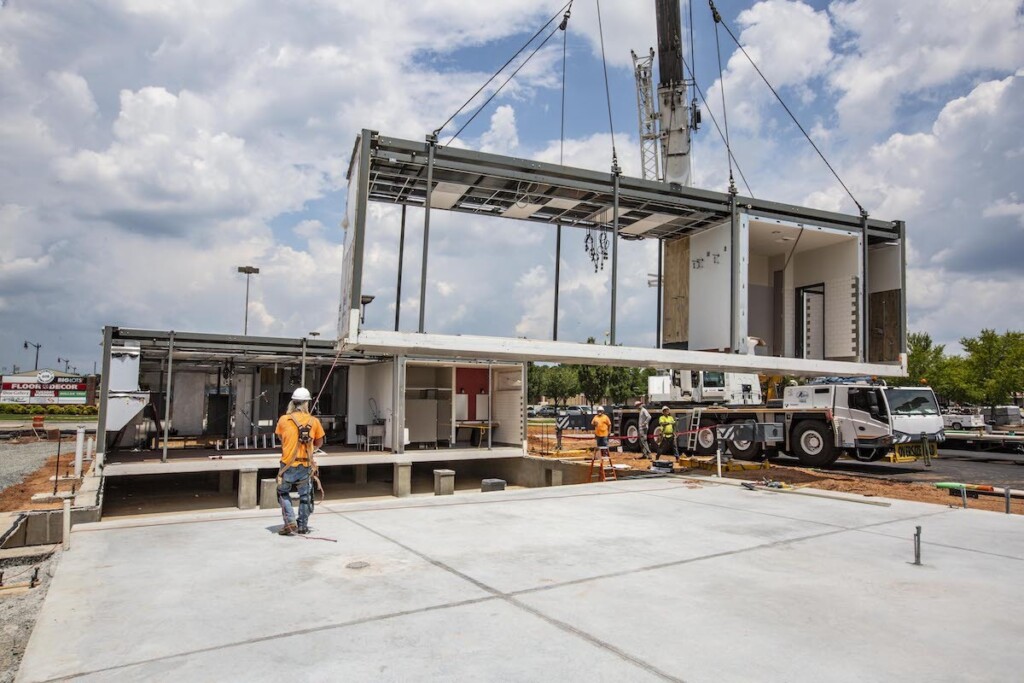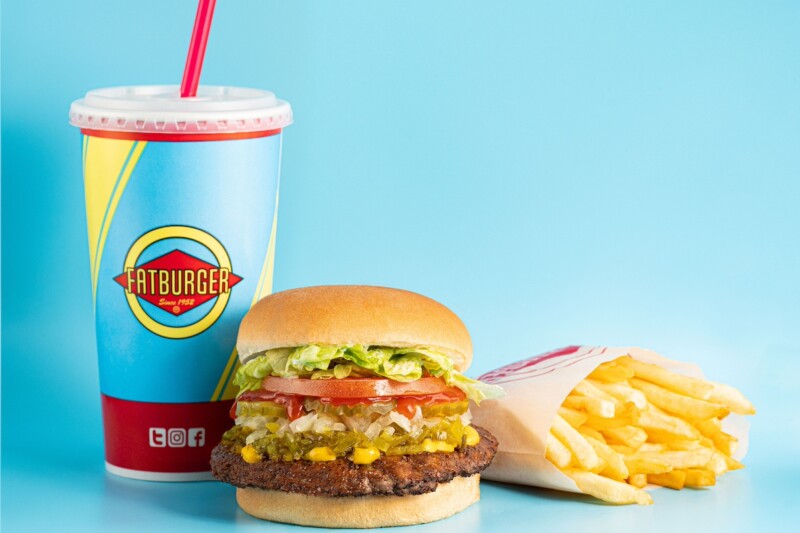5 Takeaways from Foodservice Design BootCamp
Faculty shares knowledge helpful for anyone—from dealers to operators—participating in a redesign or new build.

Faculty of the Foodservice Design BootCamp delivered two virtual educational sessions for professionals undertaking a foodservice facility redesign or new build. Yesterday’s session focused on technology, and last week’s featured space strategies. Here are some takeaways:
Modular construction techniques improve efficiency. The process of constructing portions of a building off-site, and then transporting and setting it in place on location at the building site is going to be a huge trend going forward, said Kip Serfozo, director of design, East Coast, at Cini-Little Int’l. Case in point: Chick-fil-A announcing last fall it had opened its first restaurant rebuild using the process. Chick-fil-A said it improves efficiency, saves time, leads to quality consistency and is a more sustainable solution.
Salad bars aren’t dead yet. Tarah Schroeder, principal, Ricca Design Studios, sees some schools reopening salad bars now, and a few that never closed them throughout the pandemic. “And the truth is, self-serve is really one of the best solutions for labor. It’s really hard to get away from that,” Schroeder said.
Robots need support in the back-of-house. A lot of operators don’t think about the infrastructure delivery robots require, Serfozo said. One university he works with has a 1,000-sq.-ft. command center and technicians to care for its some 120 delivery robots. Think about where you will house them when planning spaces. “You can send your employees home at the end of the night, but you can’t send robots home. They’re stuck with you,” he said.
Hand-wash trackers boost food safety. Connie Dickson, design principal with Rippe Associates, said she’s seen more operators use the high-tech equipment. “I see a lot of hand-wash trackers that use Bluetooth technology that if I log in for the day, and I walk by this sensor and if it’s been more than a half-hour since I last washed my hands, it’s going to alert me,” she said.
Food lockers help future proof a project. “They’re not something new, but there are so many more [food locker] options out there and they’re on practically every project that I have that’s now opening,” Schroeder said. On the flipside, she noted, some operators want to build a food locker-type area themselves or come up with some creative way to hold to-go orders so that they don’t have to purchase the equipment.
Foodservice Design BootCamp faculty also includes Laura Lentz, design principal, Culinary Advisors; Russ Benson, founder and CEO, DayOne Hospitality Consulting; and Karen Malody, owner, Culinary Options. The program typically takes place as an in-person event, and producer Charlene Goff said it will return to that format in 2022. Foodservice Equipment Reports serves as a media partner with the program.
RELATED CONTENT
- Advertisement -
- Advertisement -
- Advertisement -
TRENDING NOW
- Advertisement -
- Advertisement -
- Advertisement -


